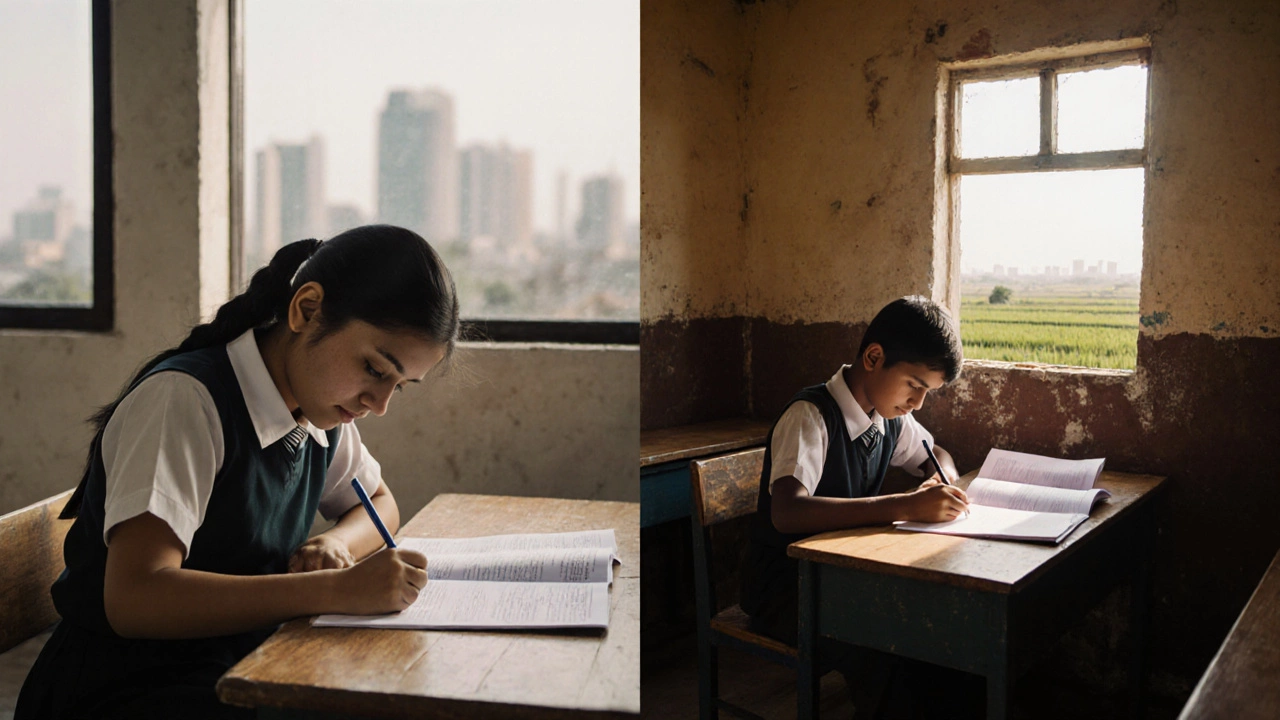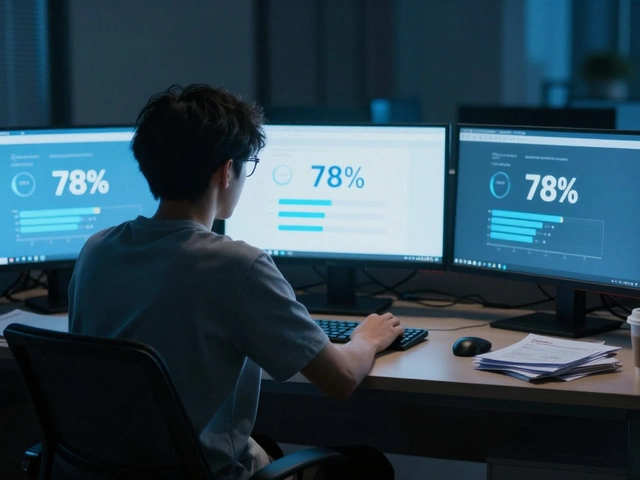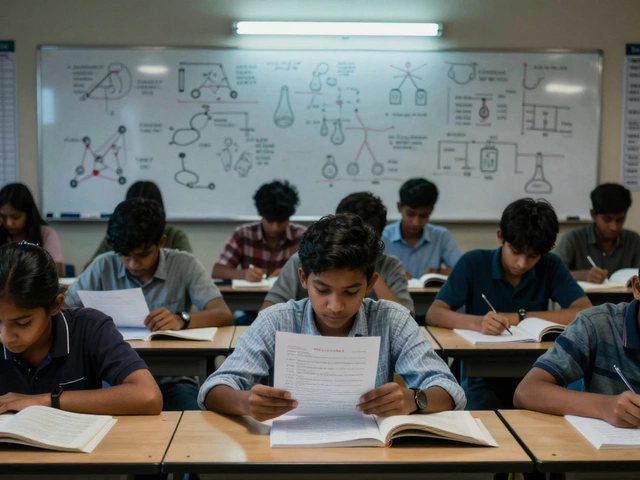CBSE Exam Paper Uniformity Checker
Check Your Understanding
Select the subject and region to determine if you'll receive the same exam paper as students in other parts of India.
Select your subject and region, then click "Check Paper Uniformity" to see if your exam paper will be identical to students in other states.
Key Points About CBSE Paper Uniformity
- Most theoretical subjects have identical papers nationwide for fairness and quality control.
- Regional variations may exist in language options and practical exams.
- Official sample papers are the best preparation resources.
- Always verify information from the official CBSE website.
Ever wondered whether the CBSE exam paper you study for is the exact same one your friend in another state writes? It’s a common question among students, parents, and teachers, especially when the board exams decide college admissions. This article breaks down how the Central Board of Secondary Education creates, distributes, and secures its papers, and where (if anywhere) you’ll see regional tweaks.
What is CBSE and how does it set the papers?
Central Board of Secondary Education (CBSE) is a national-level education board in India that conducts the Class 10 and Class 12 board examinations. Established in 1962, CBSE sets the academic calendar, curriculum, and evaluation standards for more than 20,000 schools. When it’s time for the March‑May board exams, the board forms a Paper Setting Committee comprising senior subject experts, senior faculty members, and former examiners. This committee drafts a Question Bank - a large pool of validated questions covering every syllabus sub‑topic, difficulty level, and cognitive skill.
From the question bank, the committee selects a balanced set of items for each subject, ensuring that the test measures knowledge, application, and analysis. The chosen set becomes the official Board Exam Paper. Once finalized, the paper is locked in a secure digital format and handed over to the Examination Centre network across the country.
Is the paper the same everywhere?
In most cases, yes. CBSE follows a “single‑paper‑nationwide” policy for theoretical subjects like Mathematics, Physics, Chemistry, History, and Languages. That means a student in Delhi, Mumbai, or a remote town in Assam receives an identical set of questions, same marking scheme, and the same time limit.
Why does CBSE keep it uniform?
- Fairness: Every candidate competes on a level playing field.
- Quality Control: A single paper undergoes rigorous vetting, reducing errors.
- Logistics: Uniform papers simplify printing, transport, and security.
However, there are a few exceptions that create subtle differences.
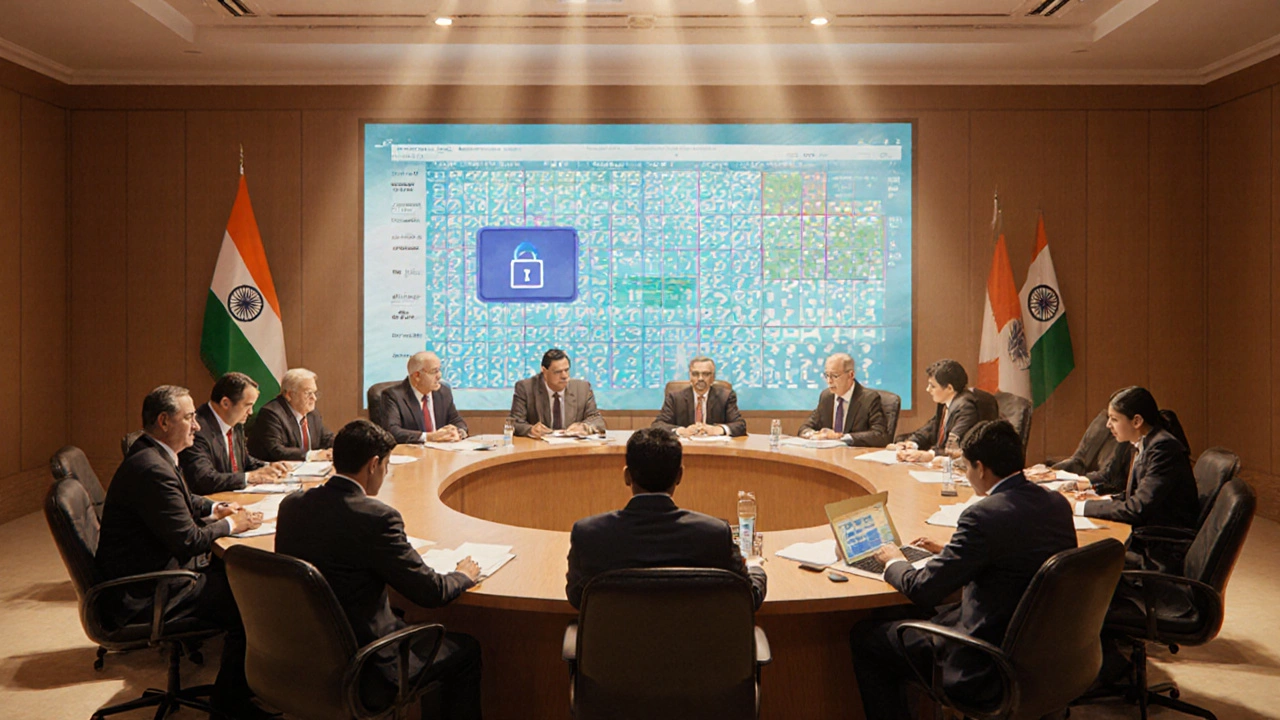
When and why do regional variations appear?
CBSE tailors certain components to accommodate linguistic diversity, practical assessments, and state‑specific regulations.
| Aspect | Nationwide Standard | Possible Regional Variation |
|---|---|---|
| Language of Question Paper | English (mandatory) | Optional regional language (Hindi, Marathi, Tamil, etc.) for language subjects |
| Practical Exams (Science Labs) | Standardized experiment set | Lab equipment availability may lead to alternate but equivalent tasks |
| Optional Subjects (e.g., Computer Science, Psychology) | Same questions across India | Some states allow Hindi translation of the paper |
| Evaluation Center | Centralized marking scheme | State Education Department may assign local evaluators for logistics, but scoring criteria stay constant |
| Sample Papers & Practice Tests | Uniformly released on CBSE website | State-level coaching centres may publish region‑specific mock papers, but they are not official |
Notice that even in these cases, the core content - the difficulty level, concepts tested, and total marks - remains consistent. The variations are usually about language support or logistical adjustments.
How are papers distributed and kept secure?
Security is a top priority. After the Paper Setting Committee approves a paper, a Paper Distribution Centre (often located in major metros) prints the exam booklets under strict surveillance. Each booklet is sealed in tamper‑proof plastic and labeled with a unique serial number.
These sealed packs travel to individual Examination Centres via a multi‑layered courier system. A chain‑of‑custody log records every handover, and authorized staff at each centre sign off before the papers are stored in locked cabinets overnight.
On the exam day, a senior official opens the sealed pack in front of witnesses, confirms the serial numbers, and distributes the papers to the students. After the exam, answer sheets are collected, sealed again, and shipped to a central Evaluation Center for marking. This rigorous process ensures that the paper you sit for is exactly the one CBSE designed.
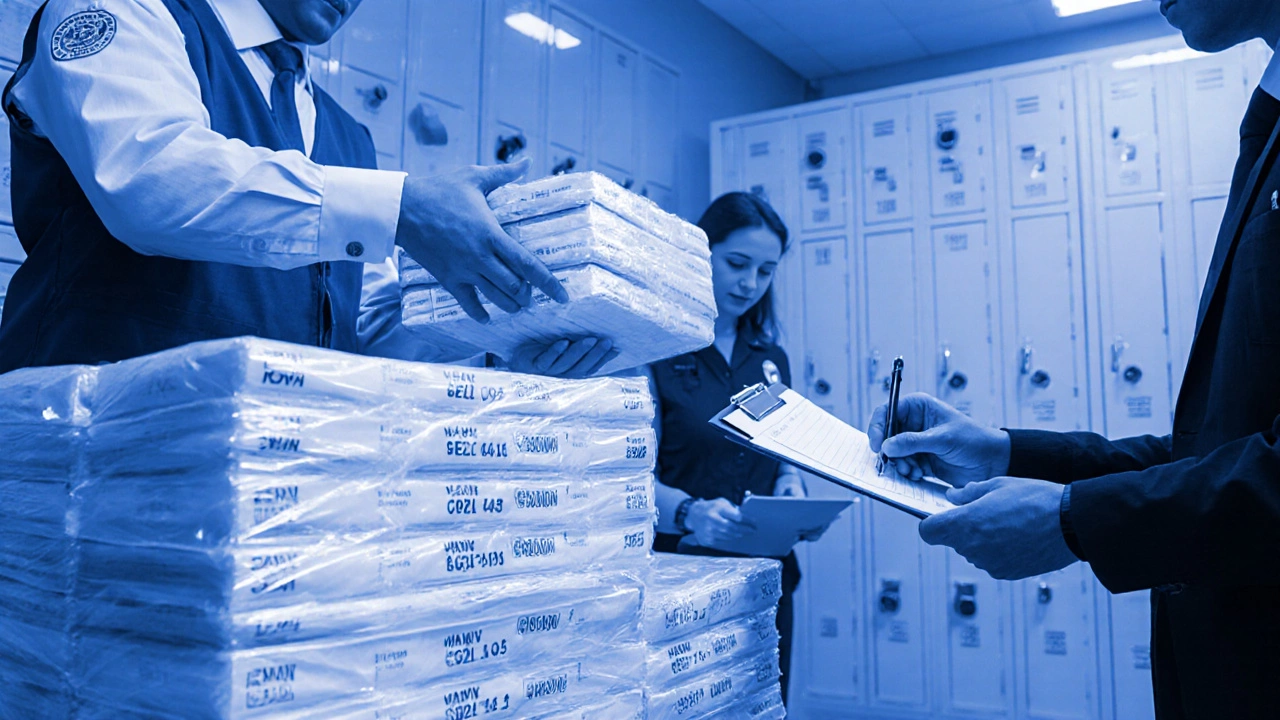
What does this mean for your preparation?
Since the paper is largely uniform, you can trust any authentic CBSE sample paper or previous‑year question paper you find online - it will reflect the actual exam format you’ll face, regardless of your location.
- Focus on the syllabus: CBSE’s Curriculum Framework publishes the exact topics and weightage. Align your study plan with it.
- Practice with official mock tests: The board releases a set of Sample Papers each year. Solve them under timed conditions.
- Don’t rely on regional shortcuts: Some coaching centres claim “special state papers”. These are usually unofficial and can mislead you.
- Prepare for language options: If you opt for a regional language version, practice the translation of key terms; the underlying concepts stay the same.
- Stay updated on exam notices: CBCB (CBSE) sometimes issues last‑minute changes (e.g., shifting a practical exam to a theory‑only format). Monitor the official CBSE portal.
In short, treat every official CBSE resource as the gold standard for your study material, and you’ll be ready for the exact paper that arrives in your hall.
Common Myths and Frequently Asked Questions
Frequently Asked Questions
Are CBSE exam papers ever different for each state?
For most subjects, the paper is identical nationwide. Differences appear only in language options or practical lab setups, not in the core questions.
Can I get a copy of the exact paper before the exam?
No. CBSE keeps the paper sealed until the exam day to ensure fairness. However, the official sample papers released months earlier mimic the style and difficulty of the real test.
Do private coaching centres have access to state‑specific papers?
Legally they do not. Any claim of “state‑specific insider papers” is usually a marketing ploy and can be a fraud.
What should I do if my school provides a paper in a regional language?
Treat it as a legitimate version. Study the same concepts, but practice translating key scientific and mathematical terms to avoid language‑based confusion.
How does CBSE ensure the paper’s security during transport?
Papers are printed at secure centres, sealed with tamper‑proof packaging, logged with unique serial numbers, and moved through a chain‑of‑custody system monitored by authorized officials.
Understanding the uniformity of CBSE papers helps you channel your energy into genuine preparation rather than chasing myths. Stick to the official syllabus, practice with the board‑released sample papers, and you’ll walk into any exam hall across India with confidence.
